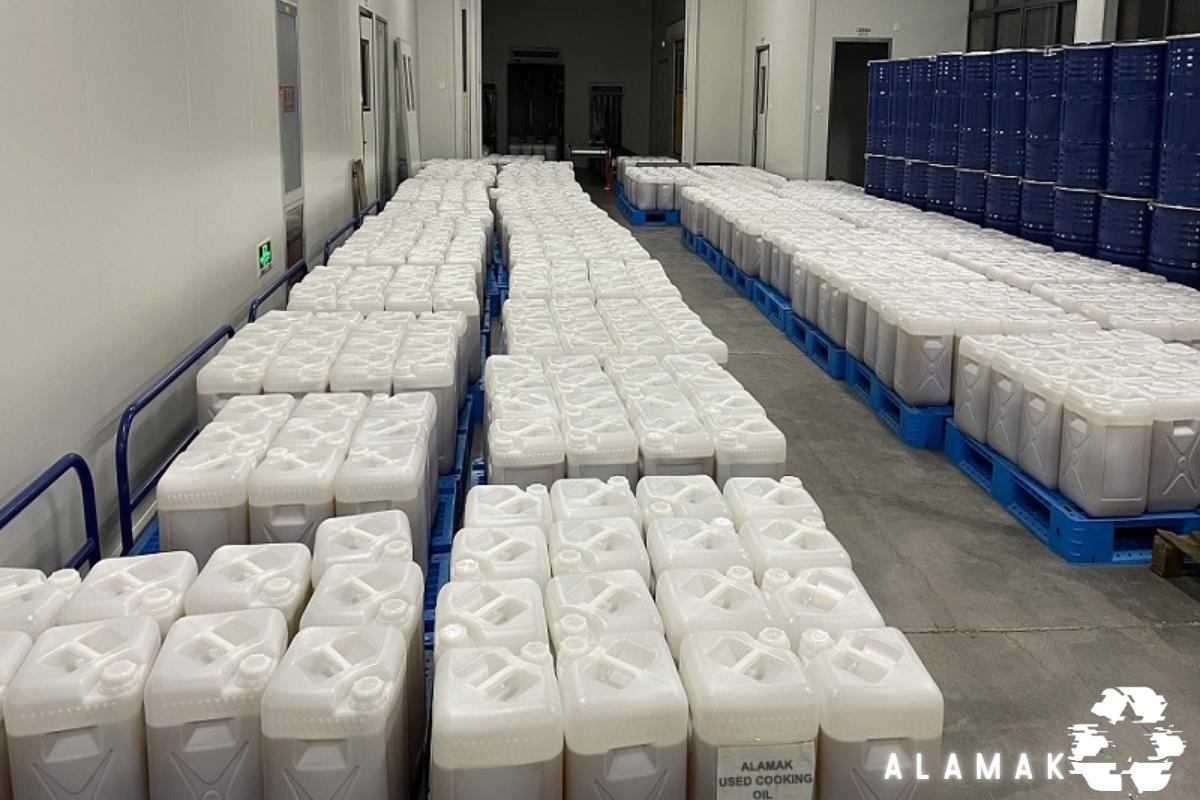ALAMAK recycles food waste through the following process:
1. Collection: Food waste is collected from various sources such as restaurants, hotels, cafeterias, and food processing facilities.
2. Segregation: The collected food waste is segregated into different categories, including vegetable waste, fruit waste, leftover food, and expired food products.
3. Sorting: The segregated food waste is sorted to remove non-biodegradable items like plastic packaging and contaminants.
4. Treatment: The food waste undergoes treatment processes such as composting, anaerobic digestion, or enzymatic digestion.
5. Composting: Organic food waste is converted into compost through the natural decomposition process, resulting in nutrient-rich soil amendment.
6. Anaerobic Digestion: Food waste is broken down in an oxygen-free environment, producing biogas and nutrient-rich digestate.
7. Enzymatic Digestion: Advanced enzymatic processes break down food waste into valuable byproducts like biofuels and biochemicals.
8. Recycling: The resulting compost, biogas, and other byproducts are utilized in agriculture, energy production, or industrial applications.
9. Distribution: The recycled food waste byproducts are distributed locally and internationally, catering to the needs of agricultural, energy, and industrial sectors.
10. Sustainable Practices: ALAMAK follows sustainable practices throughout the food waste recycling process, ensuring minimal environmental impact and maximizing resource recovery.
Food waste categories that are commonly recycled by ALAMAK include:
– Vegetable and fruit waste
– Leftover food from restaurants and households
– Expired food products
– Bakery waste
– Meat and seafood waste
– Dairy waste
– Coffee grounds and tea leaves
– Food processing byproducts
Through its comprehensive food waste recycling program, ALAMAK aims to reduce environmental pollution, promote circular economy principles, and contribute to a sustainable future.
